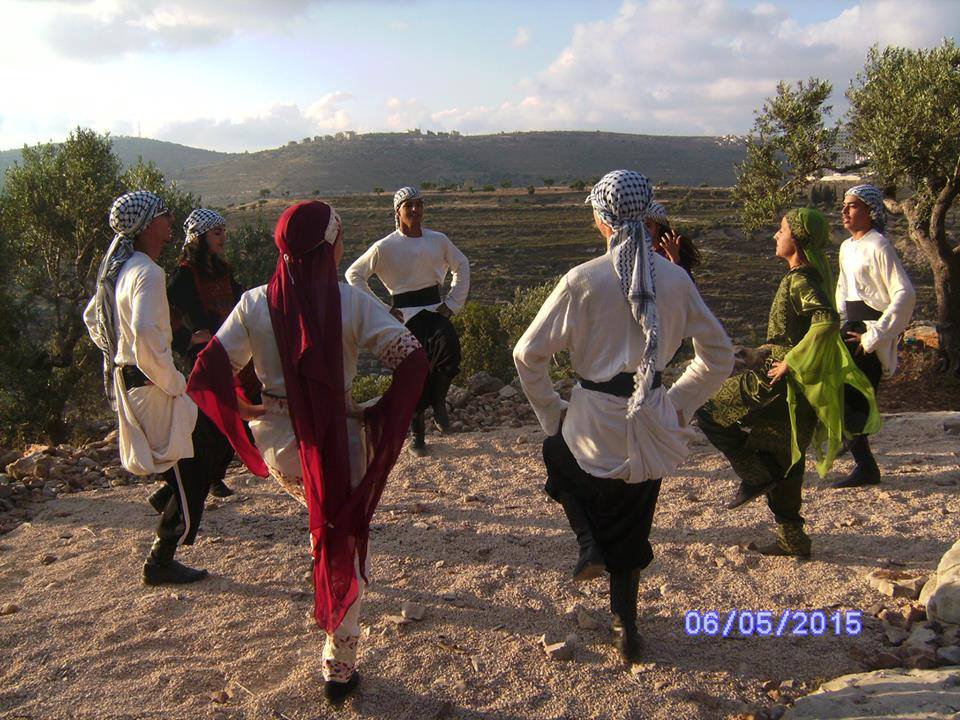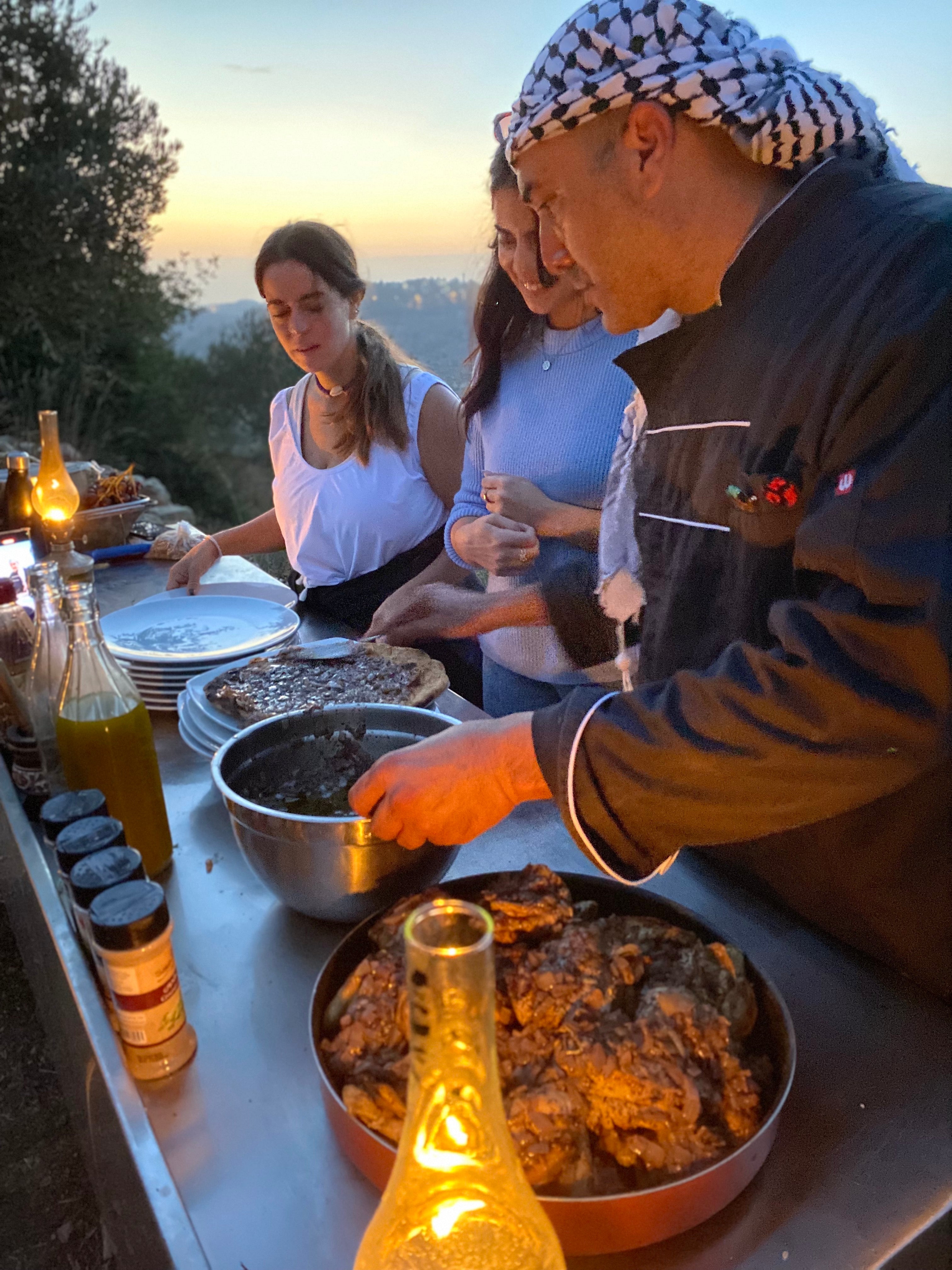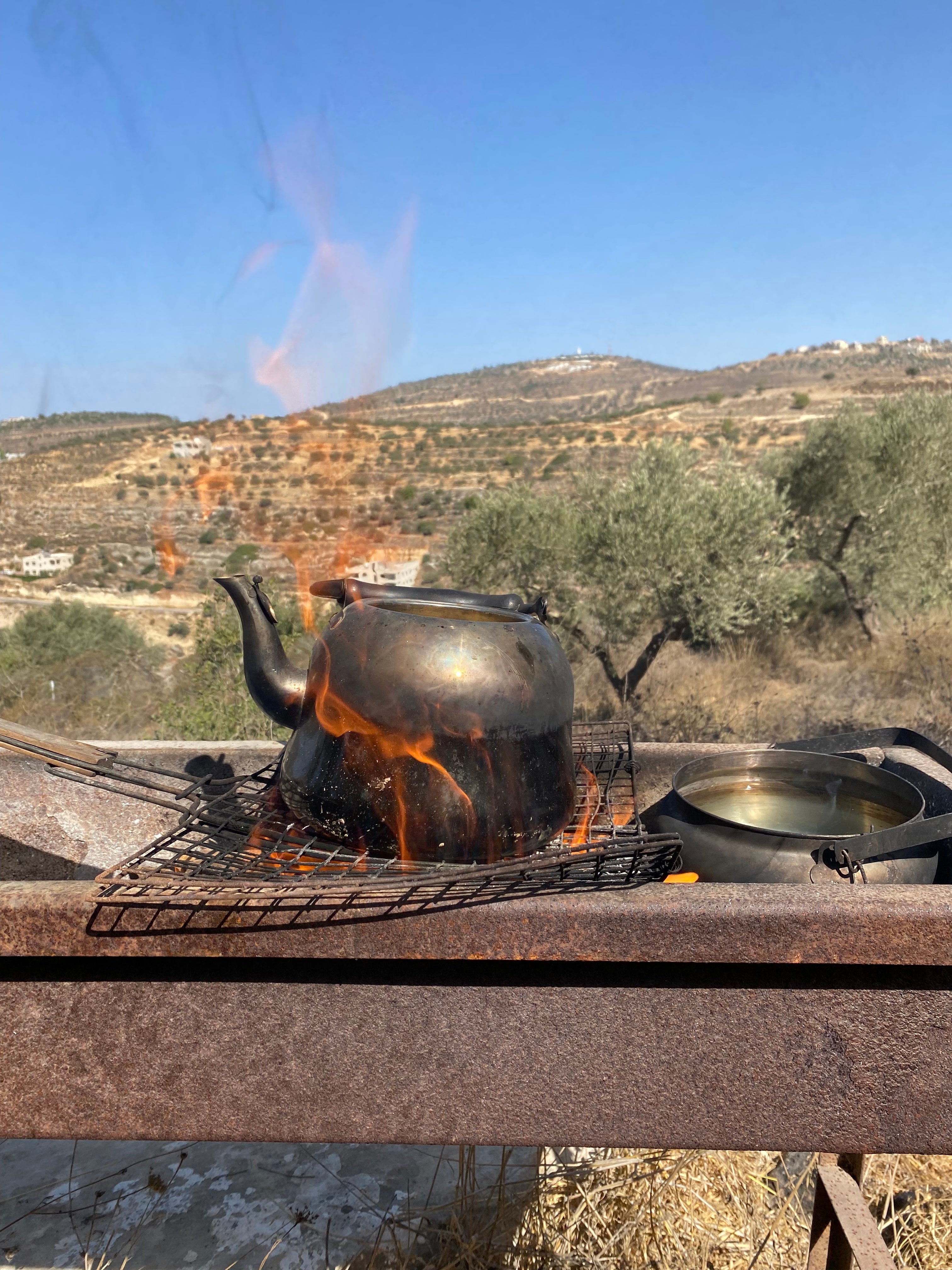
Palestinian Heritage Day: the land that inspired the culture
In celebration of Palestinian Heritage Day, which began in 1966 with historian Nimr Sarhan, author of the Encyclopedia of Palestinian Folklore, and was formalized by the Ministry of Culture in 1999, we want to think about turath, heritage.

My son's school in Ramallah sent out an email encouraging kids to dress traditionally. They school email defined heritage as literature, traditions, values, art, architecture, language, religions, stories, riddles, games, food, dabkeh, music, clothes, and more. These are the rather obvious markers of heritage but I can't help but think about the absence of agriculture and nature, not only in this simple email, but in our everyday thinking about Palestinian culture. It is the very relationship to this land that birthed and shaped Palestinian culture and identity.

Think about the keffiyeh that became popularized in the Arab Revolt of 1936, that was the headscarf protecting the farming peasants from the elements. They wore it because they cultivated the land.

Only during the Revolt when the peasants rose up against the occupying colonial British oppressors did the peasants use their head scarves to cover their faces. It remains today both symbolic of Palestinian resistance and practically used.
The woven basket and saniya were designed to carry the harvest and dry herbs for the winter months.

The baskets were made from olive branches and wheat, both cultivated on the land. Today few artisans maintain this traditional craft, but many of those who do even cultivate and grow their own wheat for the baskets.

So much folklore is rooted in stories about wild plants and trees that people preserved and harvested. Everything was related to seasons, harvests and nature. Even it is believed that debke is from an ancient dance related to fertility and agriculture.

The Palestinian relationship to the natural and cultivated lands, the cycle of the seasons and the rains, it is at the very heart of cultural identity and expression.







1 comment
Would Morgan Totah happen to have a book in English all about what is written above? I would love to read up on all the culture and folklore stories of Palestine and the Palestinian people. Is there maybe a book in English here in the West Bank I can purchase? Thank you.
Gayle Jawan
Leave a comment
This site is protected by hCaptcha and the hCaptcha Privacy Policy and Terms of Service apply.